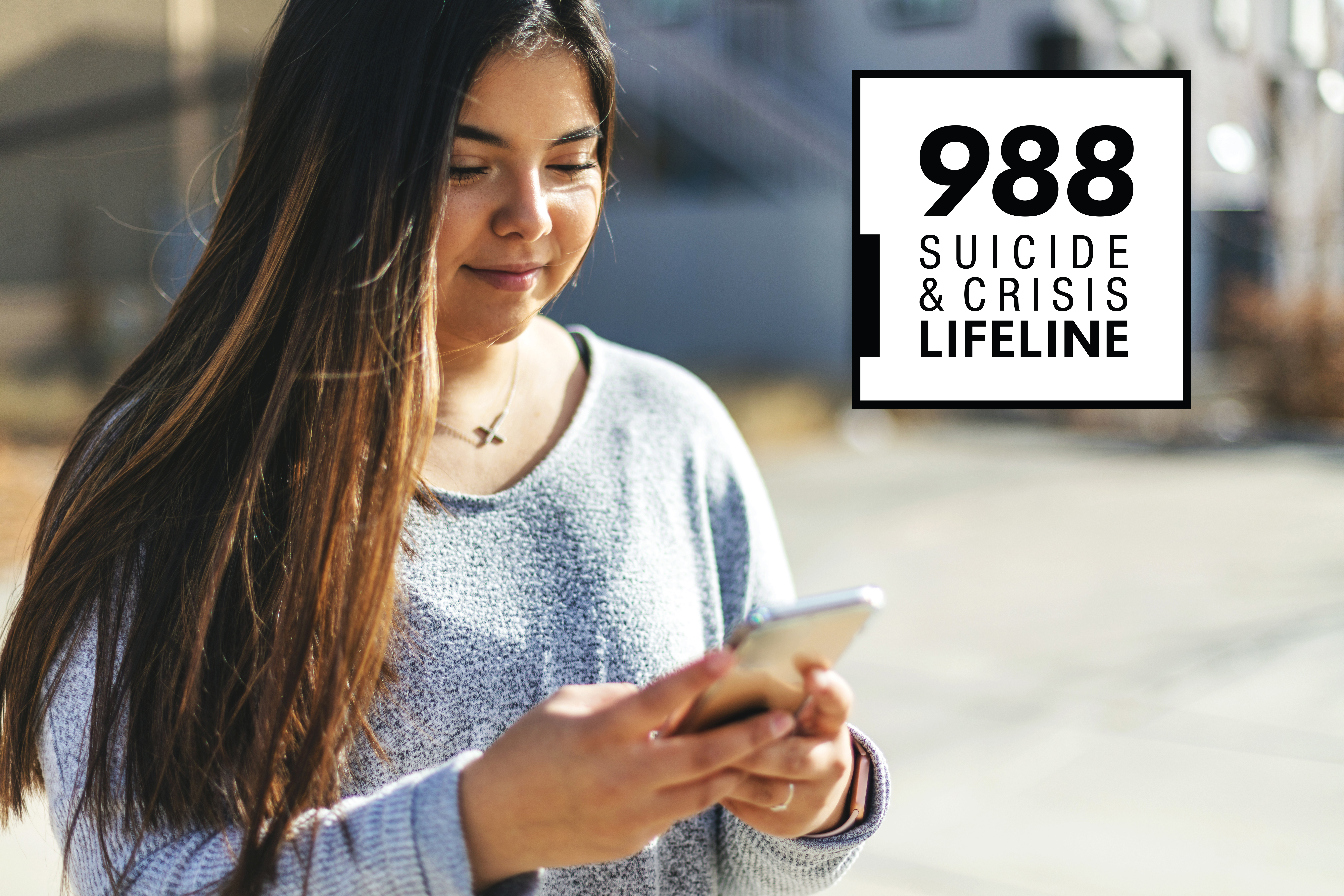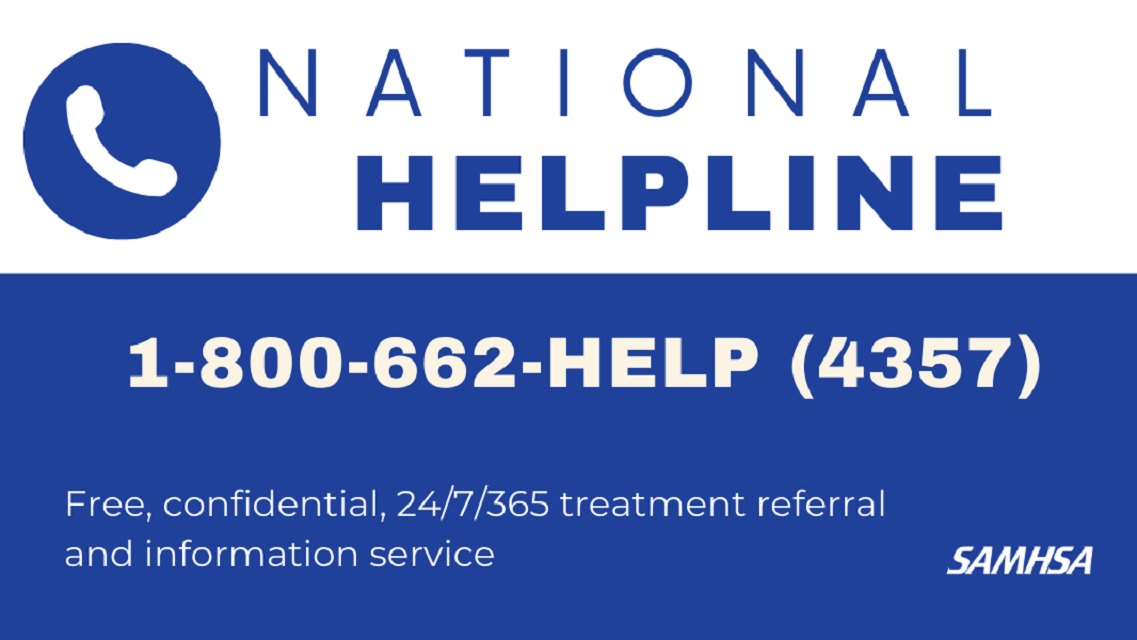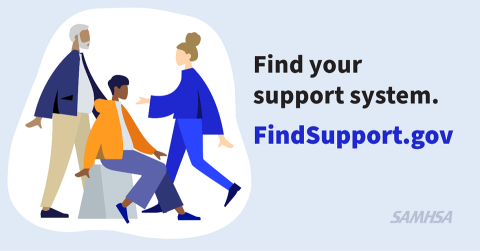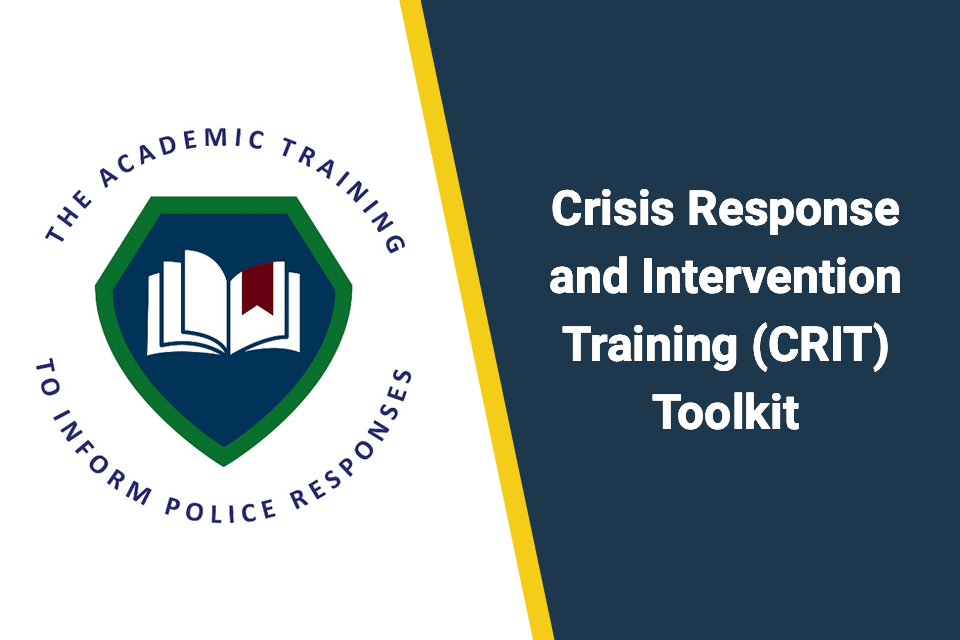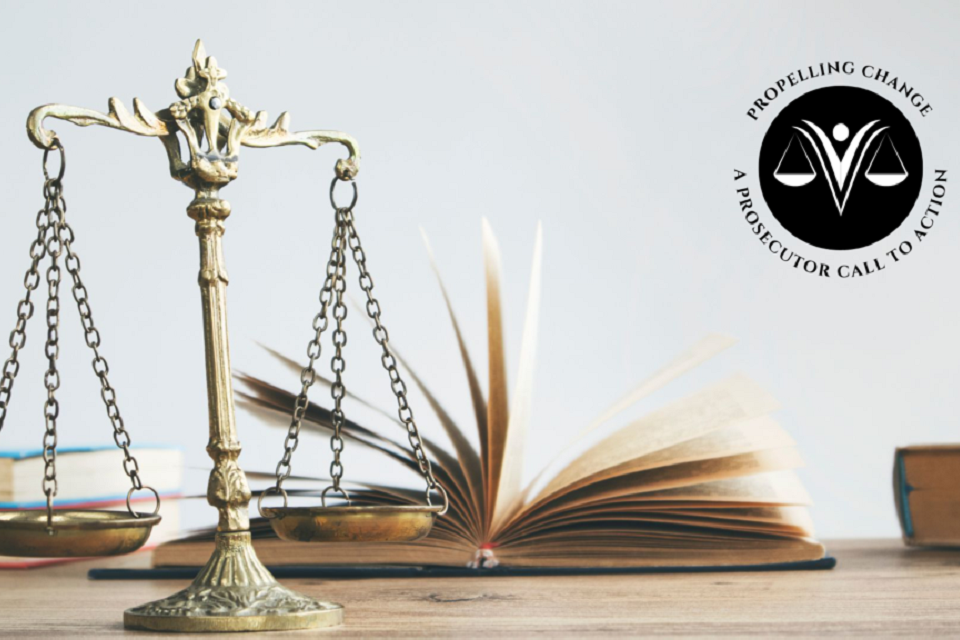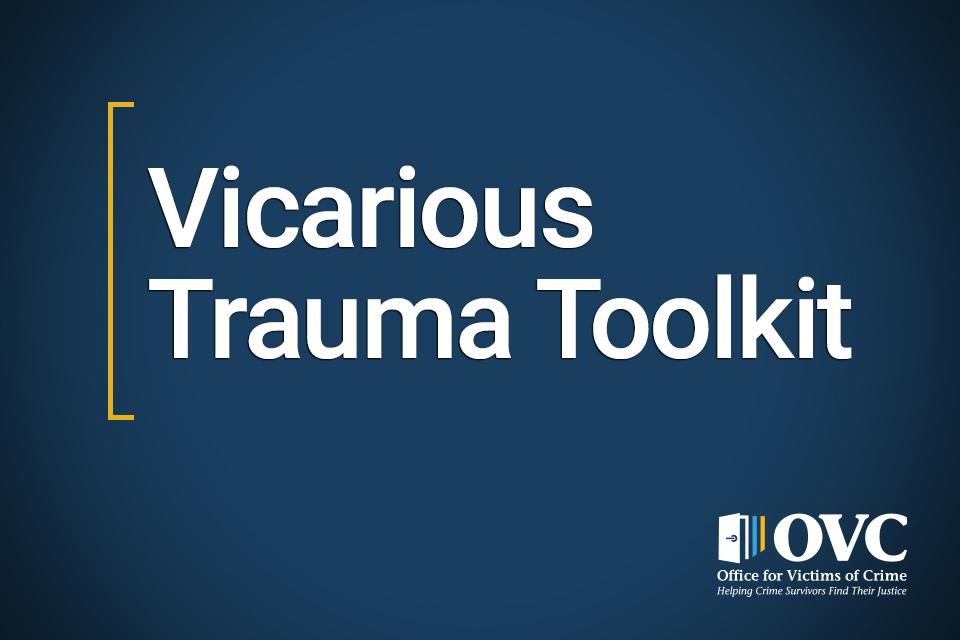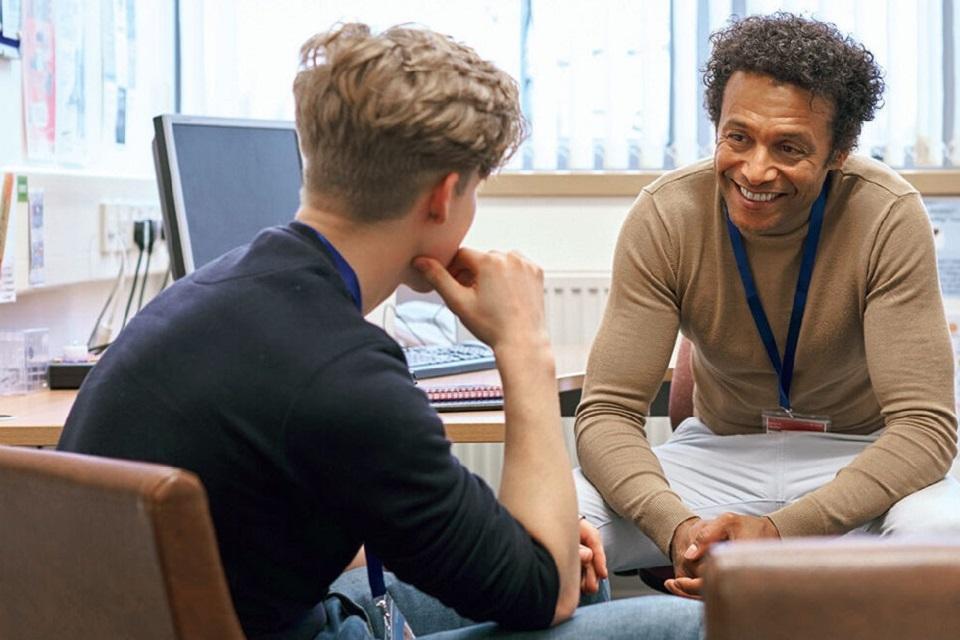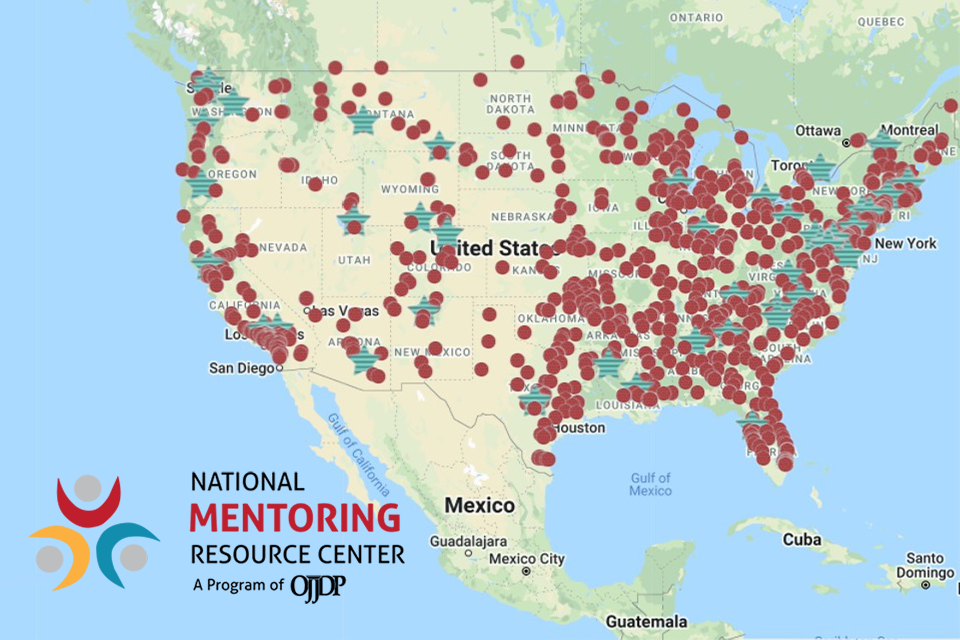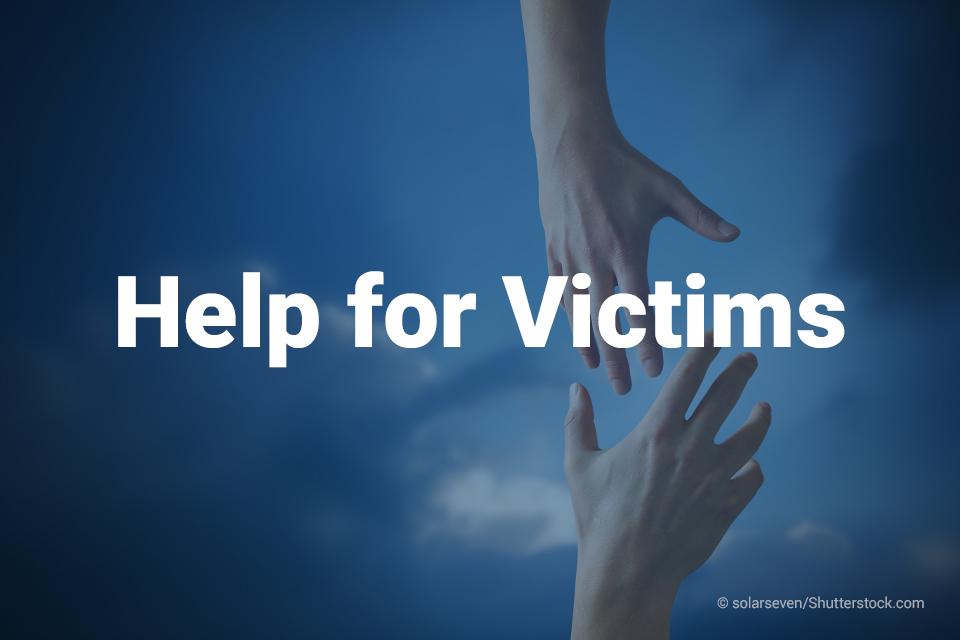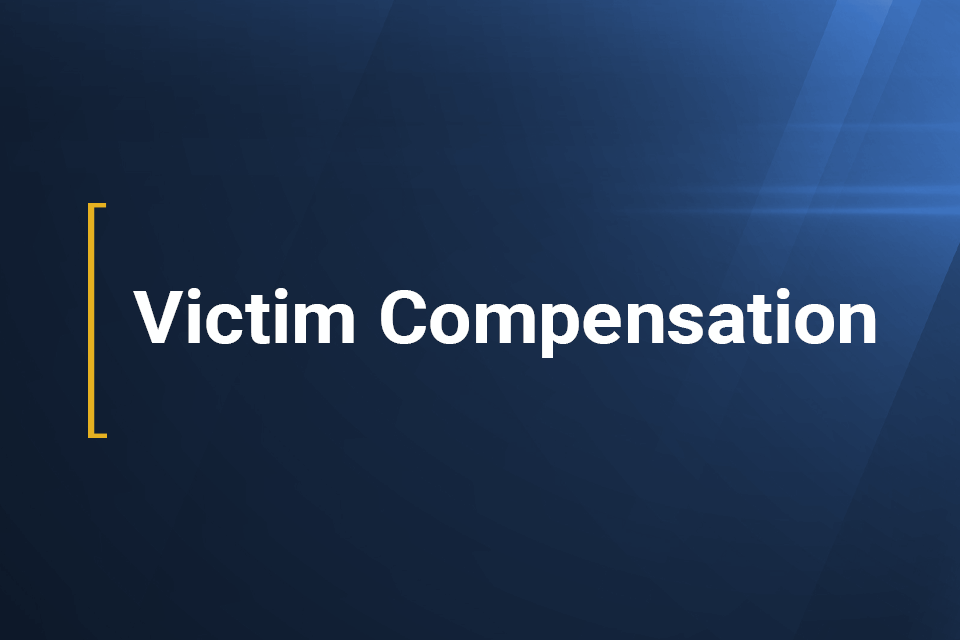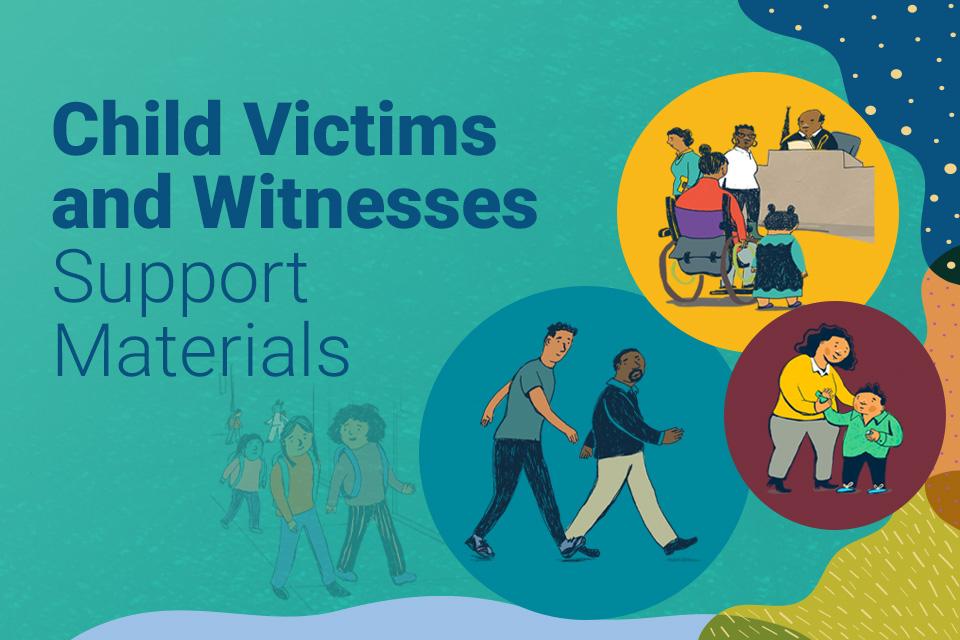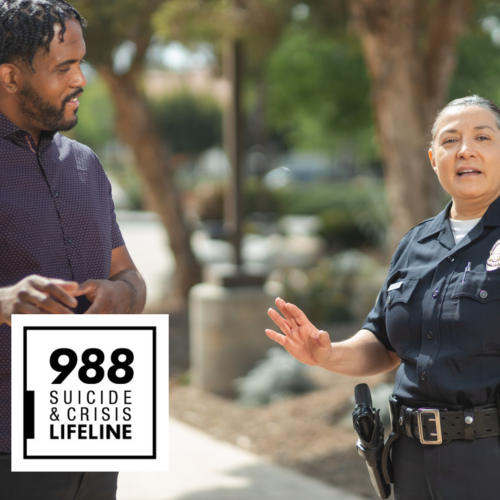Our nation is facing a mental health crisis. According to SAMHSA’s recent data, approximately one in four adults 18 and over, and one in three adults aged 18-25, reported having a mental illness in the past year. One in five adolescents had a major depressive episode. The prevalence of mental health needs is even greater when we look at data for individuals involved with the justice system. For example, according to the Bureau of Justice Statistics, prisoners and jail inmates have been found to be three to five times as likely to meet the threshold for serious psychological distress as adults in the general U.S. population.
The Office of Justice Programs serves as a critical source of funding, training and technical assistance, and research to accelerate reform in our nation’s justice system. It supports prevention and intervention efforts to improve responses to and outcomes for individuals with mental health needs at every point along the justice continuum.
Find Help
Need help now?
Use the following hotlines and resources to get and find help. Call 911 or go to an emergency department if you are having an emergency or facing a life-threatening event.
| 988 Suicide & Crisis Lifeline If you or someone you know is struggling or in crisis, help is available. Call or text 988 or chat 988lifeline.org |
|
| The Substance Abuse and Mental Health Service Administration’s (SAMHSA) National Helpline is a free, confidential, 24/7, 365-day-a-year treatment referral information service (in English and Spanish) for individuals and families needing support for mental health and/or substance use disorders. Call 1-800-662-HELP (4357) or TTY: 1-800-487-4889. For more information on substance use and mental health concerns, types and locations of treatment, and other resources, visit findtreatment.gov | |
| FindSupport.gov This website addresses common questions about searching for support for mental health and substance use needs. The site provides helpful hints on what questions to ask, how to search for a healthcare professional or other support services, how to set up an appointment, and information on how to find services based on insurance coverage. |
JustGrants
Learn about JustGrants, DOJ’s grants management system.
Featured Resources
Resources for Law Enforcement, Other Justice Professionals, and Individuals with Mental Health Conditions Who Come In Contact with the Justice System
Police Mental Health Collaboration Toolkit
The PMHC Toolkit provides resources for law enforcement agencies to partner with service providers, advocates, and individuals with mental health needs and/or intellectual and developmental disabilities (I/DD) to respond effectively, ensure safety, and improve access to services and outcomes for individuals with mental health needs and I/DD.
Crisis Response and Intervention Training (CRIT) Toolkit
The Crisis Response and Intervention Training (CRIT) is designed to prepare and improve police officer responses during encounters with individuals experiencing crises related to mental health, substance use, and intellectual and developmental disabilities.
Propelling Change: A Prosecutor Call to Action
Propelling Change is a national call to action for prosecutors that aims to break the cycle of arrest and incarceration for individuals with behavioral health needs by committing to support equitable diversion efforts and work with partners to foster connections to community-based care for improved outcomes.
Vicarious Trauma Toolkit
This Toolkit introduces a model for examining and conceptualizing the effects of vicarious trauma to the work-related exposure that victim services providers, first responders, and allied professionals experience in their daily work, and provides organizations with tools to support staff in becoming more trauma-informed.
Resources for Youth and Youth-Serving Organizations
OJJDP Juvenile Justice and Mental Health Collaboration Program
The Juvenile Justice and Mental Health Collaboration Program (JJMHCP) supports collaborative public safety efforts through partnerships with juvenile justice, mental health and substance use agencies to improve responses and outcomes for youth with mental health or co-occurring substance use conditions who come into contact with the juvenile justice system.
OJJDP’s National Mentoring Resource Center
The Office of Juvenile Justice and Delinquency Prevention's National Mentoring Resource Center serves as a comprehensive resource for mentoring tools, program and training materials, and no-cost training and technical assistance to provide youth mentoring practitioners with support to incorporate evidence-based practices to improve positive outcomes for youth.
Resources for Victims and Survivors of Crime
Help for Victims
If you are a victim of a crime, you have many rights and services available to help you.
Victim Assistance and Compensation
All states receive Federal Victims of Crime Act (VOCA) funds from the Office for Victims of Crime to help support crime victim assistance and compensation programs. Victims of crime may be eligible through these funds for crime victim compensation benefits, including reimbursement for mental health counseling, medical services, lost wages, and other costs incurred due to the crime.
Child Victims and Witnesses Support Materials
For children and youth, participating in the justice system as a victim or witness can be especially confusing, distressing, and even re-traumatizing. These materials were created to support children and youth during their involvement with the justice system as a victim or witness to a crime.
Funding Opportunities
Explore OJP's funding opportunities to support law enforcement, court professionals, correctional facilities, behavioral health providers, community-based organizations, and other service providers in addressing the needs of individuals with mental health and co-occurring substance use disorder needs.
Funding Opportunities Currently Available:
- FY24 Collaborative Crisis Response and Intervention Training Program
Grants.gov Deadline: May 15, 2024, and Application JustGrants Deadline: May 22, 2024 - FY24 STOP School Violence Program Competitive Solicitation
Grants.gov Deadline: June 12, 2024, and Application JustGrants Deadline: June 20, 2024 - FY24 Veterans Treatment Court Discretionary Grant Program
Grants.gov Deadline: June 20, 2024, and Application JustGrants Deadline: June 27, 2024 - FY24 National Community Courts Initiative
Grants.gov Deadline: June 24, 2024, and Application JustGrants Deadline: July 1, 2024 - FY24 Residential Substance Abuse Treatment for State Prisoners Program Formula Grant Solicitation
Grants.gov Deadline: July 10, 2024, and Application JustGrants Deadline: July 15, 2024
|
OJP Programs and Initiatives
Following are some of the OJP programs that support mental health services:
Research, Data and Evaluation
- Emerging Relevance of Neuroscience in Corrections
Date Published: March 2023 - Experiences of Victimization Among Latinos: Studies Confirm Significant Victim Mental Health Impact and Mistrust of Authorities
Date Published: September 2022 - Interconnecting Mental Health and Behavioral Support Improves School Safety
Date Published: March 2022 - Suicide in Local Jails and State and Federal Prisons, 2009-2019 – Statistical Tables
Date Published: October 2021 - Survey of Prison Inmates, 2016: Indicators of Mental Health Problems Reported by Prisoners
Date Published: October 2021 - Identifying Needs Related to Managing Seriously Mentally Ill Individuals in Corrections
Date Published: July 2020 - Indicators of Mental Health Problems Reported by Prisoners and Jail Inmates, 2011-2012
Date Published: June 2017
Publications and Other Resources
- Behavioral Health Resources for Criminal and Juvenile Justice
- Officer Health and Wellness Agency Assessment Tool and Action Planning Roadmap
- Bureau of Justice Assistance Mental Health Topical Resource Page
- Office of Juvenile Justice & Delinquency Prevention News in Brief
- Office for Victims of Crime Physical and Mental Health Topical Resource Page
- Resources and Support for Victims of Mass Violence
Training and Technical Assistance
- Justice and Mental Health Collaboration Program Support Centers
Strengthening connections among criminal justice agencies, behavioral health organizations, and the community to improve wellbeing of people with mental health conditions or co-occurring substance use disorders.
- Law Enforcement Mental Health Learning Site Program
This program serves as a peer-to-peer learning program for law enforcement agencies seeking to build collaborative models to improve responses to calls and outcomes for individuals with mental health needs.
- Mental Health Courts
Mental health courts are specialized court dockets for certain defendants with mental illnesses that substitute a problem-solving model for traditional criminal court processing.
- Academic Training to Inform Police Responses
A national initiative to enhance police engagement with people with behavioral health conditions and developmental disabilities.
- Vicarious Trauma
Learn more about the impact of vicarious trauma on individuals and organizations, as well as resources designed to help you identify and address vicarious trauma proactively.
- Victim Assistance Training Online
VAT Online is a foundational, Web-based victim assistance training program that offers victim service providers and allied professionals the opportunity to develop the essential skills and knowledge they need to assist victims of crime more effectively.
Mental Health Videos
988: A Shared Opportunity
On July 16, 2022, the U.S. transitioned from the 10-digit National Suicide Prevention Lifeline to 988—an easy-to-remember three-digit number for 24/7 crisis care. This transition to the new National Suicide & Crisis Lifeline, created a unique opportunity to rethink how people are connected to compassionate, accessible care. Communities around the country are now determining how this new, national dialing code works alongside existing law enforcement and crisis responses.
For criminal justice stakeholders, the transition to 988 is an important opportunity to shift people in crisis toward appropriate care, and help redesign crisis responses that, when implemented effectively, minimize contact with law enforcement and the justice system.
Watch this video series that aims to shine light on the various ways communities are incorporating 988 into existing approaches to crisis response.



